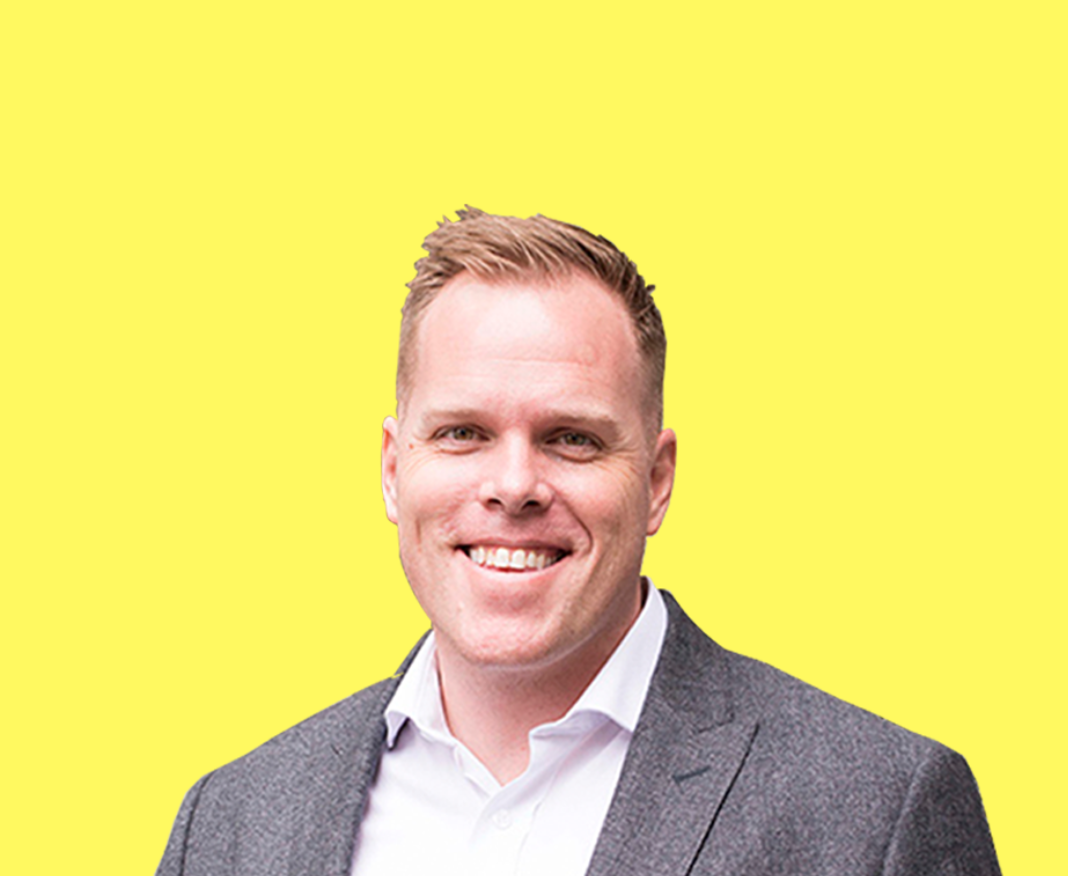From the age of 15 – 36, I jumped from one job to the next.
For the first 21 years of my career, I flipped burgers, mowed lawns, painted houses, delivered papers, shovelled snow, made overalls, lifeguarded, refined glass, roofed houses, counted stock, waited tables, rented videos, delivered room service, made coffee, unloaded trucks, recruited volunteers, built teams, taught kids math and science, managed multiple business units, wrote articles, gave motivational talks to inmates, created curriculum, worked as a personal trainer, negotiated building contracts, cleaned warehouses, counselled college students…not to mention working a handful of other odd jobs as well.
When I was 19 a kind and generous mentor gave me a cassette case full of John Maxwell’s greatest talks. From that point on, I knew I wanted to help people discover, articulate, and build a life that mattered to them.
I looked around and found a few role models and leaders that inspired me. I tried to copy them. It didn’t work.
I learned that imitation was the first step towards finding my own voice, but it wasn’t sustainable. If I wanted to have a significant and unique impact, I needed to find my unique voice. I needed to be innovative.
During that season I earned two advanced degrees and worked across the US for small and large NGOs, noble work for sure, but deep down I was still frustrated that I wasn’t doing what really mattered to me yet. I started to question my vocation.
It wasn’t until I moved with my wife to Houston that I realized my skill set and strengths translated across to the quote-unquote ‘real-world.’
So, in 2007, I took a leap of faith and filed the paperwork to start my own coaching company.
I kept my day job but started hustling on the side, looking for speaking gigs and coaching opportunities. I was slowly discovering my own voice and creating original content.
3 years later my wife took a job at the University of Sydney, so I packed up my little business and made the jump with her Down Under.
Not knowing the cultural context, I said yes to a job where my wife worked and quickly rose through the ranks over a 3-year span. All the while, chipping away at my craft on the side.
I kept my little business alive through early morning calls, late night writing sessions, and weekend workshops. I used holidays to see clients and double-dipped on vacation to work.
I hustled to make it (I’m still hustling).
I made the jump from my day-job and side-gig marathon almost 5 years ago. I’m fortunate to have married way above my pay-grade to a supportive wife who believed in me. I haven’t looked back, but it hasn’t been easy. And, I still have a long way to go.
Through the past decade of coaching and consulting, I’ve learned a handful of important lessons that I think might help and encourage you…
1. You can’t rush the process.
Learning a craft and honing your skills takes time. I’m not sure if Malcolm Gladwell is correct about the 10,000 hour rule, but I do know shortcuts end up sabotaging you in the long run. You have to do the work, as Steven Pressfield has so eloquently written. Eventually you will have to jump, but it’s okay to experiment while holding down a traditional 9-5. Time is a rite of passage. There really is no such thing as an overnight success. If you want to be truly great, you have to put in the time. Mastery is a lifetimes’ pursuit.
2. You have to know who you are.
Confidence comes from believing in yourself. Especially, when the proverbialshit hits the fan. There will be times when you want to quit. Self-awareness is your only defense. Understanding your strengths and personality is paramount to finding your unique voice and honing your craft. If you don’t know what you care about it’s almost impossible to understand how to express yourself. You’ll just come off as fake and amateurish. So get really clear about what makes you – you.
3. You’re going to fail a lot.
Failure is feedback. Learning requires taking risks and failure is always a possibility. Neil Gaiman beautifully articulated the power of taking risks when he wrote, ‘Sometimes you wake up. Sometimes the fall kills you. And sometimes, when you fall, you fly.’ Every meaningful life lesson requires the potential for epic failure. Knowing what not to do is as important as figuring out what works for you. Detours and delays are opportunities for self-reflection. You just have to keep experimenting. Experience is life’s best teacher. So, get comfortable with failing. It’s not fatal.
4. You won’t get paid for what your worth…at first.
I remember the first time I invoiced a client, and they thought I had made a mistake. I received an email asking me why I hadn’t charged them more. I had tripled what I was earning in my day job from an hourly perspective. I thought I was already asking for the moon. Turns out, I had no idea what my value was. I felt stupid for not knowing what I was actually worth as a coach. A good friend of mine defined this perfectly one day when he said, ‘Money is a byproduct of adding value. The more value you can add, the more you’re worth.’ So, thequestion you should ask yourself is not how much your services cost, but how can you add serious value?
5. You have to be consistent.
Faithfulness and perseverance beat talent most of the time. Don’t get me wrong, talent helps. But, staying the course and refining your skills wins in the long run. Belief in your ability and skill set comes from intentional practice. I became a good public speaker by taking advantage of every opportunity that came my way. It didn’t matter if I was speaking to 3 people or 300, I had to put in the hard yards and keep moving forward. If you want to get really good you have to intentionally practice over and over again. The best advice I can give you is to practice. Start small. Stay consistent. And, keep going.
6. You have to know your ‘why’.
Simon Sinek is right. You have to start with ‘why’. Clearly articulating what you care about (the unique problem you want to solve in the world) gets you up out of bed at 4 AM for a coaching call half-way around the world. My ‘why’ is pretty simple, I want to help leaders discover a different way to live and work. Knowing your ‘why’ gives you direction. Knowing your ‘why’ also keeps your head in the game when you feel like quitting. And, you will feel that way regularly. You’ve got to stay focused. On point. Diligent. It’s not enough to want to live out your ‘why’, you have to be willing to act on that desire over and over and over again.
7. Your current job is not your forever.
Don’t lose heart if you hate your job. It’s a testing ground for you to figure out who you are and what you’re good at. Differentiating between a job and a careeris the first step in discovering your vocation. A job is the grouping of tasks that you’ve been hired to perform for your company. A career is a series of jobs in your particular field or industry. A vocation, however, is something quite different, and in my opinion, the destiny that you are truly searching for.Vocation comes from the Latin word ‘to call‘ or literally, ‘calling‘. Vocation is about your innate gifts, passions and strengths. When you identify your calling you’ll have a clear target to build your life around. Jobs are gifts. They test you and reveal your strengths, weaknesses and greatest areas of potential. So, don’t quit. Change your mindset about your work. Every experience, every meeting, every person, every conversation is a chance to grow.
A lot of people who attend my workshops and keynotes ask me how I got into my line of work.
I always pause when they ask, even though I’ve heard the question hundreds of times before.
I want to say to them that I was lucky. But, deep down I know I did the work. I logged the unseen hours. I got up early most days to do what a lot of people weren’t willing to do.
I usually just tell them, ‘It’s the only thing I’m really good at‘.


